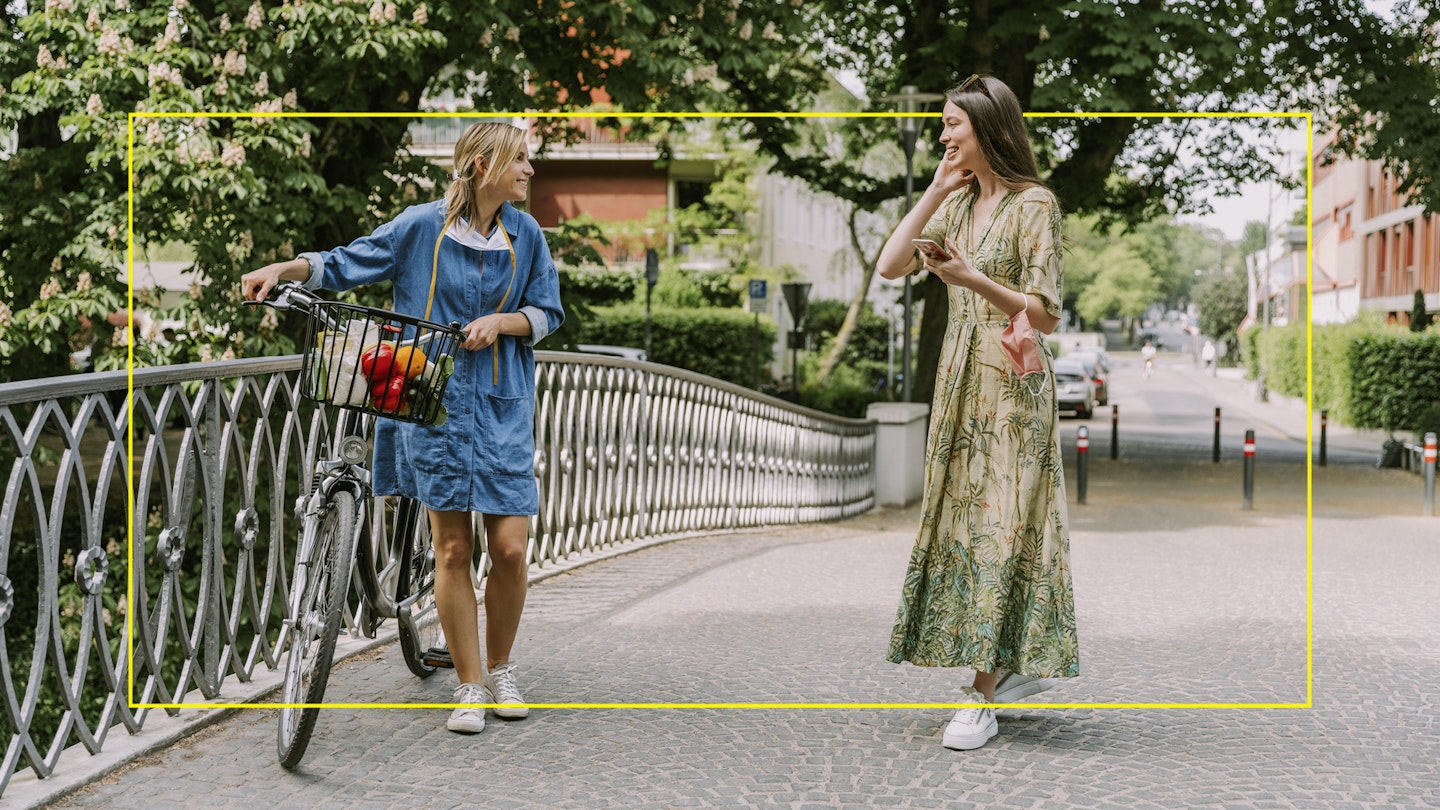Within a few hours of meeting a friend recently, we had both messaged each other to apologise. I had cycled off panicking I’d been insensitive; she had walked home worrying she hadn’t asked enough about me. Two years ago, we might have rushed on to other engagements afterwards, diluting the focus of our catch-up, instead of poring over it. These days, we go straight home to overanalyse, because, what else is there to do? Not dwell on the minutiae of every brief and precious social exchange? That’s so pre-pandemic.
As restrictions lift today and outdoor hospitality reopens, bringing with it the possibility of a social life beyond our daily walks, a lot of us are thinking about our friendships and how we’ll pick them back up again. And if you’re among them, you’ve probably already noticed something: with little else going on in our lives, we’re out of social practice. We’ve, well, forgotten how to be friends.
Grand ideas about the hugging and face-licking we’ll do when this is over are all well and good, but at this rate we’ll barely manage a conversation about the weather. We’ve lost perspective over what makes a good anecdote and have to check ourselves that, no, our neighbour’s new shed isn’t worthy conversation material.
Tools like Zoom and FaceTime have, of course, been useful for helping us maintain friendships, but we’ve learned we can zone out and stare blankly at the freckle on our forehead that we didn’t know we had during conversations. Similarly, they’ve taught us to talk over people. (Soz hun, I saw your lips were moving but you were on mute so I carried on.)
What is post lockdown anxiety?
The term 'post lockdown anxiety' has become a breakout search term over the past few days as many have searched for ways to overcome new feelings of dread and anxiety at the thought of restrictions lifting and us going back to our old lives. For many of us, it feels like we’ll need friendship L-plates and padded bumpers as we crank our social lives back up from hour-long walks to weekends away.
‘Conversations with my best friends have become a bit of a checklist,’ says Charlotte, 38. ‘We run through family, work, parents’ health – and then the group Zoom is over, or our one-to-one walk’s finished. We haven’t had fun together – the glue of our friendship – for ages. Part of me is excited to do so again, but I can’t help but wonder how it will work.’
Rebecca, 37, feels like she’s gone to ground a bit over lockdown. ‘Now I need to start reconnecting with people or soon they won’t want to see me,’ she adds.
How to deal with post lockdown anxiety
Clinical psychologist Linda Blair says it’s natural for us to feel worried about whether we can get back what we had before. How do we navigate this post lockdown anxiety? Ask questions, she says. ‘We get anxious when we’re thinking about how we’re perceived by others. Take “me” out of it. Ask questions with sincere interest and listen with every fibre to the answers,’ she adds.
Shahroo Izadi, a behavioural change specialist, says it may help to communicate honestly about our own apprehensions when they arise. ‘As is so often the case with vulnerability, we may well be pleasantly surprised to discover we’re not alone in worrying about the next stage.’
As the activities that bind us together are reintroduced too, perhaps friendshipping as an innate reflex will return. Maybe, over dinner, drinks or netball we’ll slip right back into it, away from the intensity of two- person walks with no hubbub or loo break.
If predictions are to be believed, when all this is over we’ve got the wild partying of the Roaring Twenties ahead of us. Let’s hope we grasp basic social etiquette in time for that, because awkward angst doesn’t exactly say freedom, fun and carefree abandon.
